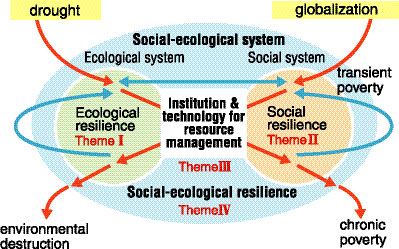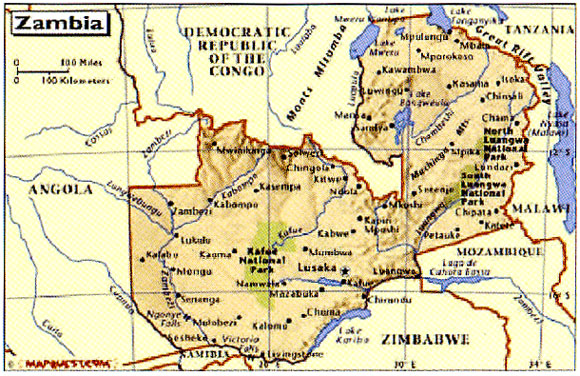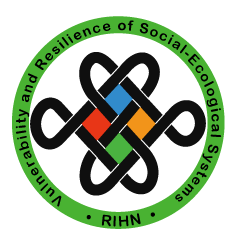Research objective
Vulnerability and Resilience of Social-Ecological Systems
A vicious cycle of poverty and environmental degradation such as forest degradation and desertification is a major cause of global environmental problems. Especially in semi-arid tropics (SAT) including Sub-Saharan Africa and South Asia where the majority of the poor is concentrated, poverty and environmental degradation is widely prevalent. People in this area largely depend on rain-fed agricultural production systems and their livelihoods are vulnerable to environmental variability. Environmental resources such as vegetation and soil are also vulnerable to human activities. In order to solve these global environmental issues, a key factor is a quick recovery from, or a resilience of human society and ecosystems to, the impacts of environmental variability. This project aims at identifying the factors affecting resilience and the ways to enhance the resilience of rural people in developing countries to environmental variability.
Purpose of the Research Project
In the past, no serious attention has been paid to the vulnerability and resilience of people whose livelihoods and production systems heavily depend on environmental resources, thus the projects for disaster relief and environmental conservation in drought-affected areas did sufficiently take into account the resilience of local people. Especially for farmers and nomads in developing who rely on environmental resources, a loss of resilience of social-ecological systems due to an increase population and the collapse of rural communities is of critical importance. This project tries to consider human against environmental change in view of social-ecological resilience and thus to clarify the of local environmental change on social-ecological systems as well as the mechanism through which they recover a shock. Also from various case studies it tries to identify factors of households and communities that the capacity of resilience, and the role of institutions on resilience. By analyzing factors social-ecological resilience, it is possible to introduce policy interventions for enhancing human security developing countries.
There is a close relationship between ecological resilience and social resilience. The role of institution and technology for resource management is also important for strengthening resilience.

Figure 1
Close Relation of Social and Ecological
Resilience
We develop a method for comprehensive assessment of resilience from four research themes. Theme I focus is on soil and forest resources to analyze ecological resilience. In theme II, we will conduct intensive interviews with farm households/communities and will identify the factors affecting social resilience. Theme III considers historical changes in land tenure system made by government policies and their effects on the natural environment as well as socio-political factors of increasing vulnerability and the process of collapse and recovery of resilience in different. Theme IV covers larger areas utilizing statistics, remote sensing data and aerial photographs to trace long-term changes in soil and forestry resources in addition to the analysis of data on rainfall and. By utilizing the information provided by themes I, II and III, we will develop a comprehensive for assessing social-ecological resilience. The main area to be studied is the semi-arid tropics including and other areas in sub-Saharan Africa and South Asia where the resource base is critical for human livelihood. project thus aims at identifying the ways to enhance the resilience of rural people against environmental by developing a method to assess resilience of social-ecological systems.
Taken from URL http://www.mapquest.com

Figure 2 Zambia, the Main Field Site
| Last Update: 2013-02-07 15:38 JST | Jump to Top |  |
